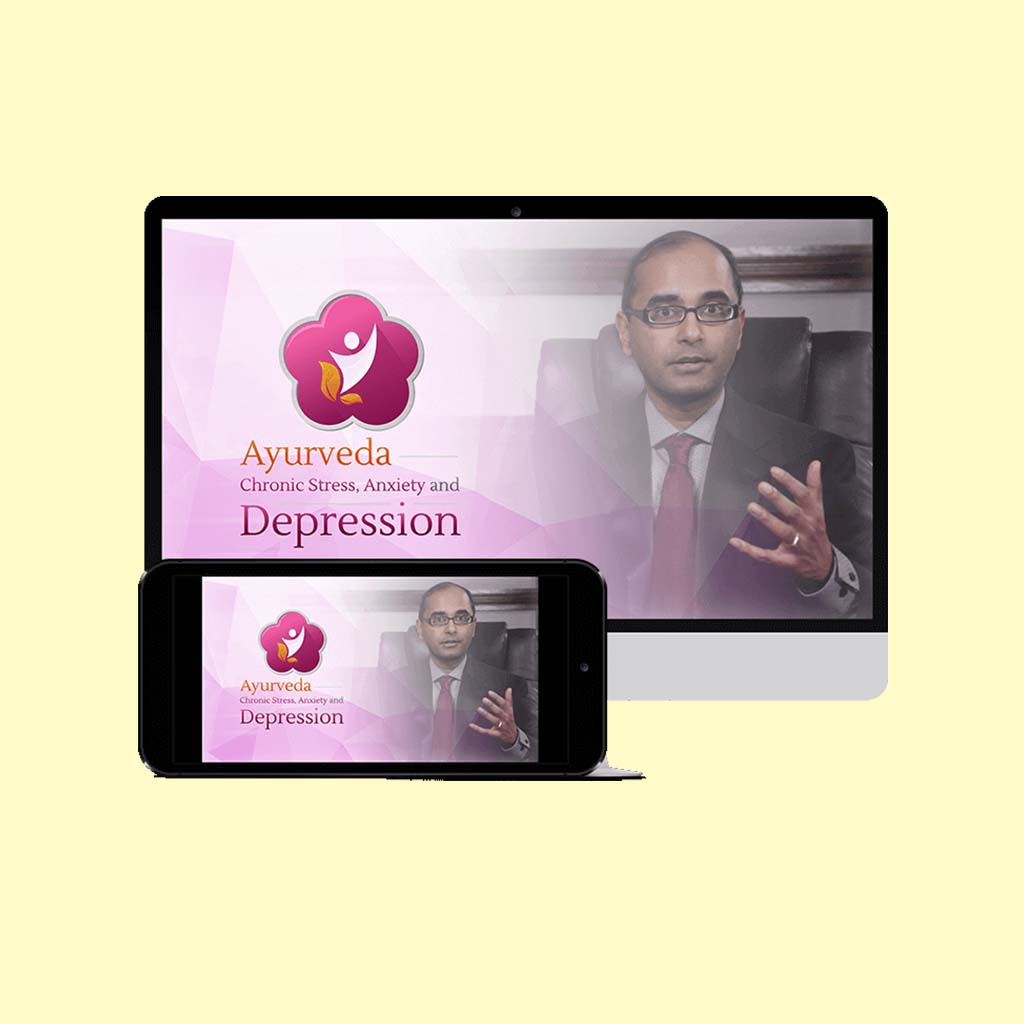

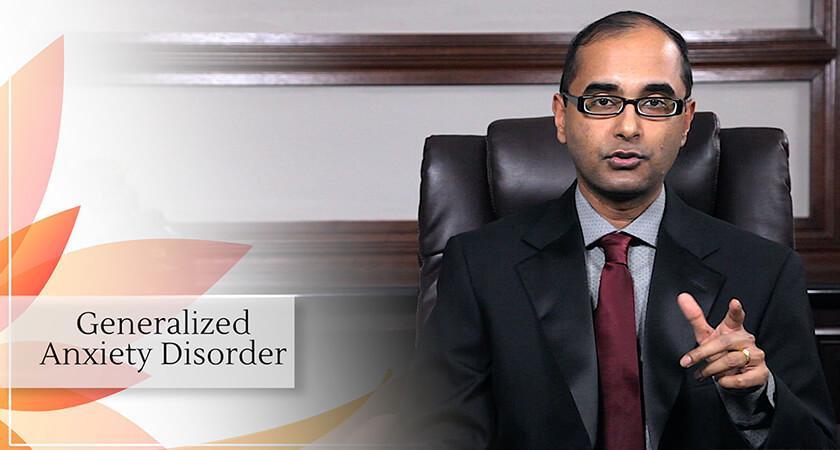
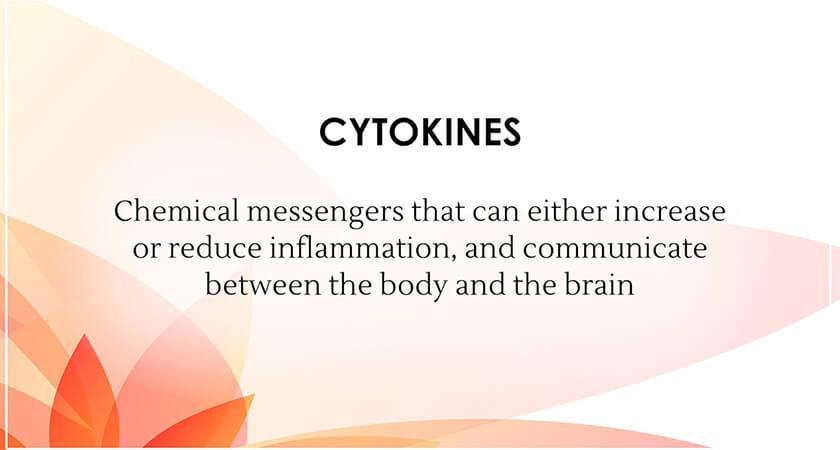
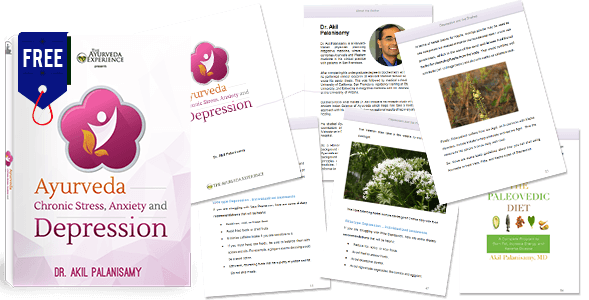
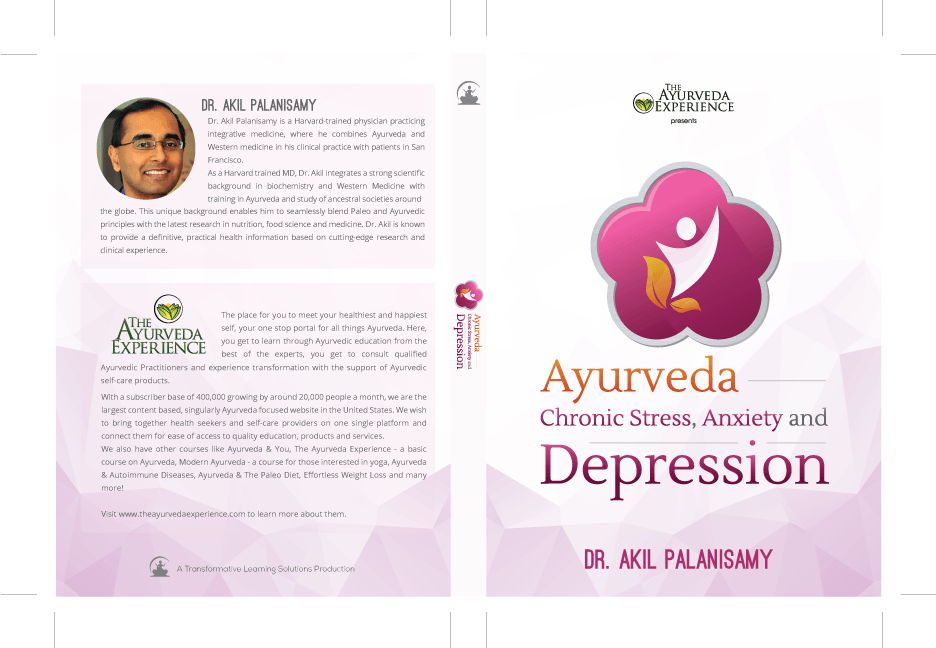
Through Ayurvedic wisdom and the best in modern integrative medicine that you’ll learn in this new presentation by Dr. Akil Palanisamy, you will finally have a path to address anxiety, depression, and chronic stress through natural modalities of nutrition, herbs, and lifestyle practices.
This course is for you if:
Not just this, also download your COMPLIMENTARY Course Completion Certificate
After you complete watching the course, your Complimentary Course Completion Certificate awaits you. This can be easily downloaded and shared or printed.
60-day money back guarantee

Dr. Akil Palanisamy, a Harvard-trained physician practicing integrative medicine, combines Ayurveda and Western medicine in his clinical practice with patients in San Francisco.
After completing his undergraduate degree in biochemistry at Harvard, he performed clinical research at Harvard Medical School where he wrote his senior thesis. This was followed by medical school at the University of California, San Francisco, residency training at Stanford University, and fellowship in integrative medicine with Dr. Andrew Weil at the University of Arizona.
But that’s not it - what makes Dr. Akil unique is his in-depth study of the ancient Indian Science of Ayurveda which helps him take a holistic approach with his patients and show exceptional results of recovery and healing.
He studied Ayurveda in India at the Arya Vaidya Chikitsalayam in Coimbatore and completed clinical training with his guru Dr. L. Mahadevan in Derisanamcope, Tamil Nadu at the Sri Sarada Ayurvedic Hospital.
As a Harvard trained MD, Dr. Akil integrates a strong scientific background in biochemistry and Western Medicine with training in Ayurveda and study of ancestral societies around the globe. This unique background enables him to seamlessly blend Ayurvedic principles with the latest research in nutrition, food science, and medicine. Dr. Akil is known to provide definitive, practical health information based on cutting-edge research and clinical experience.
1. Introduction
1.1 The state of mental health around the globe
1.2 Flaws in the pharmaceutical treatment of Depression
1.3 What is Depression and the criteria that you can use to identify it
1.4 Anxiety and its main symptoms explored
1.5 Chronic stress and how you can draw a line between 'good stress' and harmful stress
1.6 How stress affects your body
1.7 The Flight or Fight Reaction: Understanding your body's defense mechanism
2. Symptoms and causes of Depression, Anxiety, and Chronic Stress
2.1 What are the common causes of Depression and Anxiety
2.2 Understanding the 'inflammation model' of Depression and LPS
2.3 What you did not know about the 'Leaky Gut Syndrome' and its relation to Depression and Anxiety
2.4 What Ayurveda tells you about Depression
2.5 Vata-type Depression: What are the causes and how you can identify it through the symptoms
2.6 Pitta-type Depression: What causes it and how does it manifest in an individual
2.7 The causes behind the Kapha type of Depression and how you can identify it
2.8 Understanding the implications of Weill Cornell Medicine's collaborative study on biomarkers in Depression
3. Treatment of Depression, Anxiety, and Chronic Stress
3.1 Diet Changes: How can people of all doshas fight these ailments by making informed diet modifications
3.2 What changes you can make in your lifestyle to deal with Depression, Anxiety and Chronic Stress
3.3 General guidelines for you to follow
3.4 Cognitive Behavioral Therapy (CBT), Transcranial Magnetic Stimulation (TMS), Electroconvulsive Therapy (ECT): Medicinal treatments for depression explained
3.5 Individualized treatment of Vata type Depression
3.6 The diet and herbs you should consume, the lifestyle and exercise recommendations you should follow for Pitta type Depression
3.7 Individualized treatment recommendations that provide a personalized plan to fight Kapha-type Depression
4. Symptomatic Relief
4.1 How you can treat the symptoms rather than the cause for short term relief
4.2 Herbal remedies and traditional therapies that you did not know about